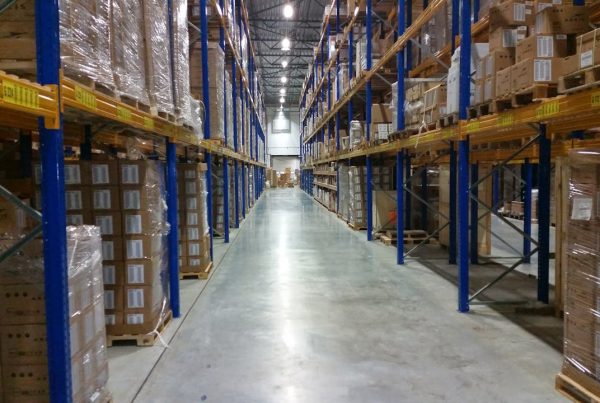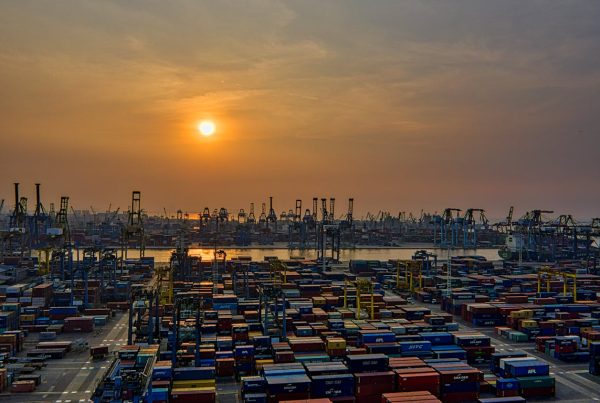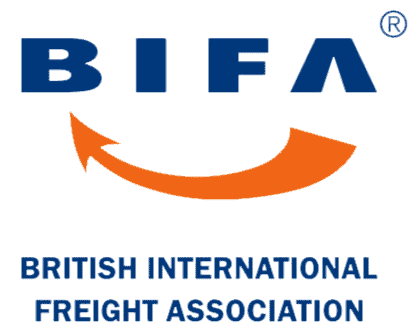Wood packaging material is widely used in international trade. Pallets, crates, dunnage, and wooden boxes are essential for moving goods securely, but untreated wood can also carry pests and diseases that threaten ecosystems and agriculture worldwide. To address this risk, the International Standard for Phytosanitary Measures No. 15 (ISPM 15) was introduced.
For businesses that import or export goods, understanding and complying with ISPM 15 is essential. Failure to do so can result in costly delays, fines, or even the rejection of your shipment.
Table of Contents
What is ISPM 15?
ISPM 15 is a set of regulations created by the International Plant Protection Convention (IPPC). The standard requires that all solid wood packaging material used in international trade must be treated to eliminate harmful organisms. It applies to items such as:
- Wooden pallets
- Wooden crates and boxes
- Wooden dunnage (loose wood used for bracing)
- Cable drums
- Wooden spools
Plywood, chipboard, MDF, and OSB are excluded as they are considered low risk.
Why is ISPM 15 Needed?
Untreated wood can harbour insects, fungi, and plant diseases that may spread between countries. Past cases have shown invasive species causing serious environmental and agricultural damage. By enforcing ISPM 15, governments reduce the risk of pests spreading and protect domestic industries.
For exporters and importers, ISPM 15 compliance is not just a formality. If customs officials discover non-compliant wood packaging, the shipment may be quarantined, destroyed, or sent back at the owner’s expense. Some countries also issue financial penalties. In one US case, a company was fined $100,000 for falsely applying ISPM 15 stamps to pallets that had not undergone proper treatment.
At Barrington Freight, we have seen shipments held up because of incorrectly marked or untreated packaging. The resulting delays can damage customer relationships and increase costs.
Which Countries Require ISPM 15?
The majority of countries worldwide enforce ISPM 15, including:
- European Union member states
- United States
- Canada
- China
- Australia and New Zealand
- India
- Russia
- Mexico
- South Africa
The UK also applies ISPM 15 standards for all imports and exports, including trade with the EU since Brexit.
Some countries may have additional requirements, such as specific inspection procedures or import licences. Working with an experienced freight forwarder helps avoid unexpected issues at the border.
At Barrington Freight, we specialise in making your importing and exporting straightforward. From customs clearance to finding the right commodity codes, our expert team is here to assist. Don’t let the complexities of global trade hold you back. Reach out to Barrington Freight for efficient and reliable shipping solutions.
The Treatment Process
To comply with ISPM 15, wood packaging must be treated in one of two approved ways:
1. Heat treatment (HT):
– The wood is heated to a core temperature of at least 56°C for a minimum of 30 minutes.
– This is the most common method and is widely available.
2. Methyl bromide fumigation (MB):
– The wood is exposed to methyl bromide gas.
– This method is less common due to environmental restrictions and health risks.
– It is being phased out in many countries.
After treatment, the packaging must be stamped with the official ISPM 15 mark to prove compliance.
Understanding the ISPM 15 Marking
The ISPM 15 mark is internationally recognised and contains the following information:
- The IPPC wheat ear logo
- A two-letter country code (e.g. GB for the United Kingdom)
- A unique number identifying the treatment provider or manufacturer
- The treatment method (HT or MB)
Example: GB-12345-HT
The mark must be permanent and visible on at least two opposite sides of the packaging. False or missing marks can result in shipments being refused.
Alternative Options to Wood Packaging
If you want to avoid the risks and compliance requirements of wood packaging, there are alternatives:
- Plastic pallets and crates – lightweight, durable, and reusable.
- Metal pallets and containers – strong and long-lasting.
- Plywood, OSB, MDF, or chipboard – manufactured wood products exempt from ISPM 15.
- Cardboard or fibreboard packaging – suitable for lighter goods.
While these may have a higher upfront cost, they can save money by reducing customs issues and improving reusability.
Business Insights from Barrington Freight
We regularly advise our customers on ISPM 15 compliance. In one case, a client importing goods from Asia faced delays because their supplier used untreated wood pallets. The shipment had to be re-packaged, costing both time and money. Since then, we have helped the client set up a system where suppliers provide photographic proof of ISPM 15 stamps before loading.
Our experience shows that prevention is always cheaper than correction. By ensuring suppliers follow ISPM 15 from the outset, importers avoid costly disruptions.
Consequences of Non-Compliance
Failing to comply with ISPM 15 can lead to:
- Delays: Shipments may be held at customs for inspection or re-packaging.
- Fines: As seen in the US, penalties can be severe.
- Re-export or destruction: Goods may be refused entry and sent back at your expense.
- Damaged relationships: Late deliveries can impact customer trust.
How to Ensure Compliance
To stay compliant and avoid problems:
- Always confirm with suppliers that packaging meets ISPM 15 standards.
- Look for the ISPM 15 mark on pallets, crates, or dunnage.
- Work with trusted freight forwarders who understand the regulations.
- Keep updated with changes, as countries may adjust their rules.
At Barrington Freight, we provide guidance and support to businesses shipping goods worldwide. We ensure all packaging meets international standards and help prevent unnecessary costs.
Conclusion
ISPM 15 is a vital regulation that keeps international trade safe and efficient by preventing the spread of harmful pests. For importers and exporters, compliance is not optional. Using correctly treated and marked packaging avoids fines, delays, and damaged goods.
Businesses should treat ISPM 15 as a priority and work with reliable suppliers and freight forwarders to ensure smooth shipping operations. With the right preparation, your goods can move across borders without costly setbacks.
About the Author
Simon Poole began his career in production planning, quickly rising to manage 24-hour manufacturing lines and oversee a team of 140 staff. In 2007, he joined Barrington Freight, where he brought his operational expertise into the logistics sector. Appointed Operations Director in 2021, Simon now leads all day-to-day operations, including sea, air and European freight, working closely with clients and partners worldwide.
Need help with your freight?
Contact Barrington Freight for a personalised consultation. We offer fast, reliable freight forwarding for businesses across all industries – by road, air or sea.





